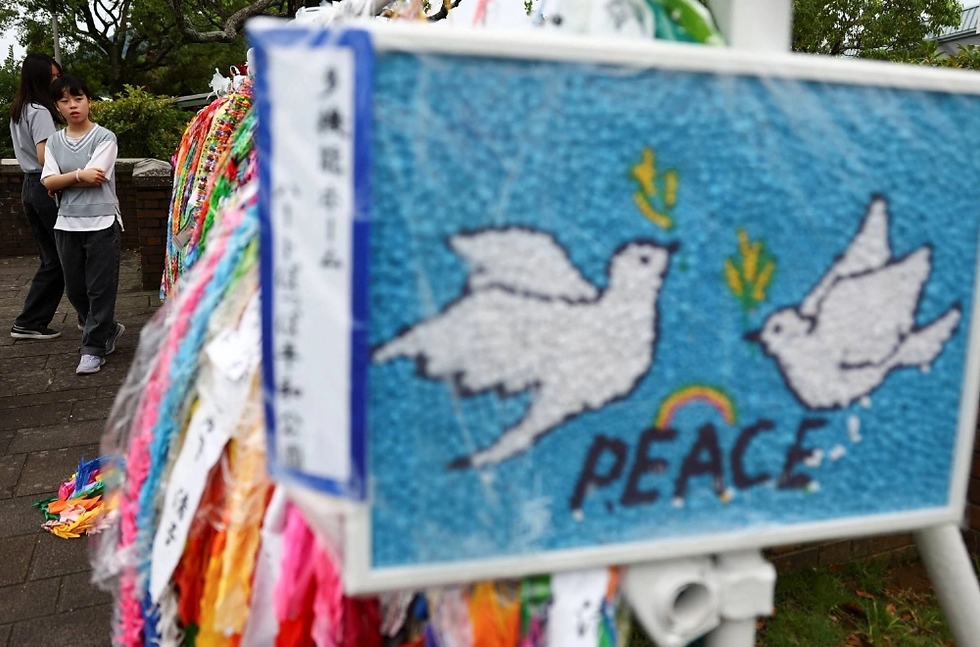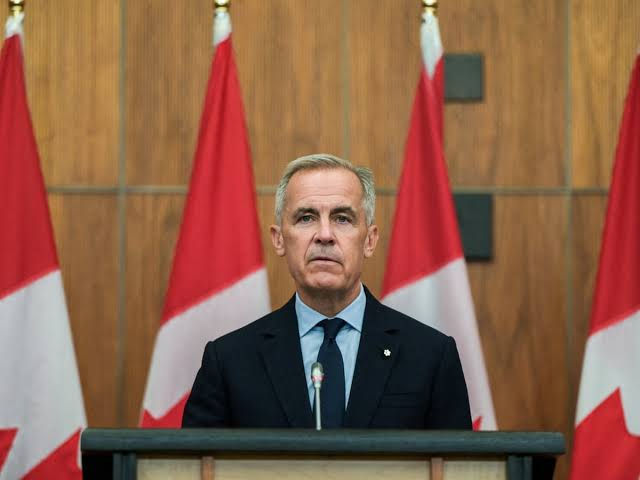Hadisur Rahman, JadeTimes Staff
H. Rahman is a Jadetimes news reporter covering Asia

Japan has been ranked the third-most peaceful country in the Asia-Pacific region and 12th globally, according to the Global Peace Index 2025, released this week by the Institute for Economics and Peace.
The index, now in its 19th year, evaluates 163 countries based on 23 indicators, including political stability, militarization, conflict-related deaths, nuclear and heavy weapons capabilities, and relations with neighboring states.
Despite being situated near some of the world’s most volatile geopolitical hotspots including nuclear-armed North Korea, Russia, and rising tensions with China in the Taiwan Strait Japan climbed three places in the global ranking this year. The improvement followed declines in Canada and Malaysia.
In the “Safety and Security” category, Japan placed fourth worldwide, ahead of Singapore but just behind Finland.
Globally, Iceland and Ireland retained the top two positions, while Singapore, at sixth, was the only Asian nation to make the top 10. In contrast, Myanmar and North Korea were identified as the least peaceful countries in the Asia-Pacific.
At the other end of the scale, Russia was ranked as the world’s least peaceful country, followed by Ukraine and Sudan. Researchers pointed to Russia’s ongoing invasion of Ukraine and Sudan’s civil war, which the United Nations has described as the world’s largest humanitarian crisis.
The Middle East and North Africa remained the world’s least peaceful regions, with Israel, South Sudan, Syria, and Afghanistan also near the bottom of the index. Israel’s military operations in Gaza since October 2023 have resulted in over 53,000 Palestinian deaths, according to local health authorities, with international estimates suggesting the toll could be far higher.
Peace at a Tipping Point
The report warned that the world has become progressively less peaceful over the past 17 years, with many of the leading drivers of conflict militarization, geopolitical tensions, and economic instability at their highest levels since World War II.
“The international order is approaching a tipping point,” the report stated, citing accelerating rearmament, deepening economic fragmentation, and multiple competing spheres of influence. “These factors are creating conditions for the onset of large-scale conflict and the associated economic destruction.”
It also noted that successful conflict resolutions are now at their lowest rate in five decades, while funding for peacebuilding and development aid has steadily declined.
For Japan, the latest ranking underscores its reputation as one of the world’s most stable and secure societies even as its neighborhood becomes increasingly fraught with risk.


